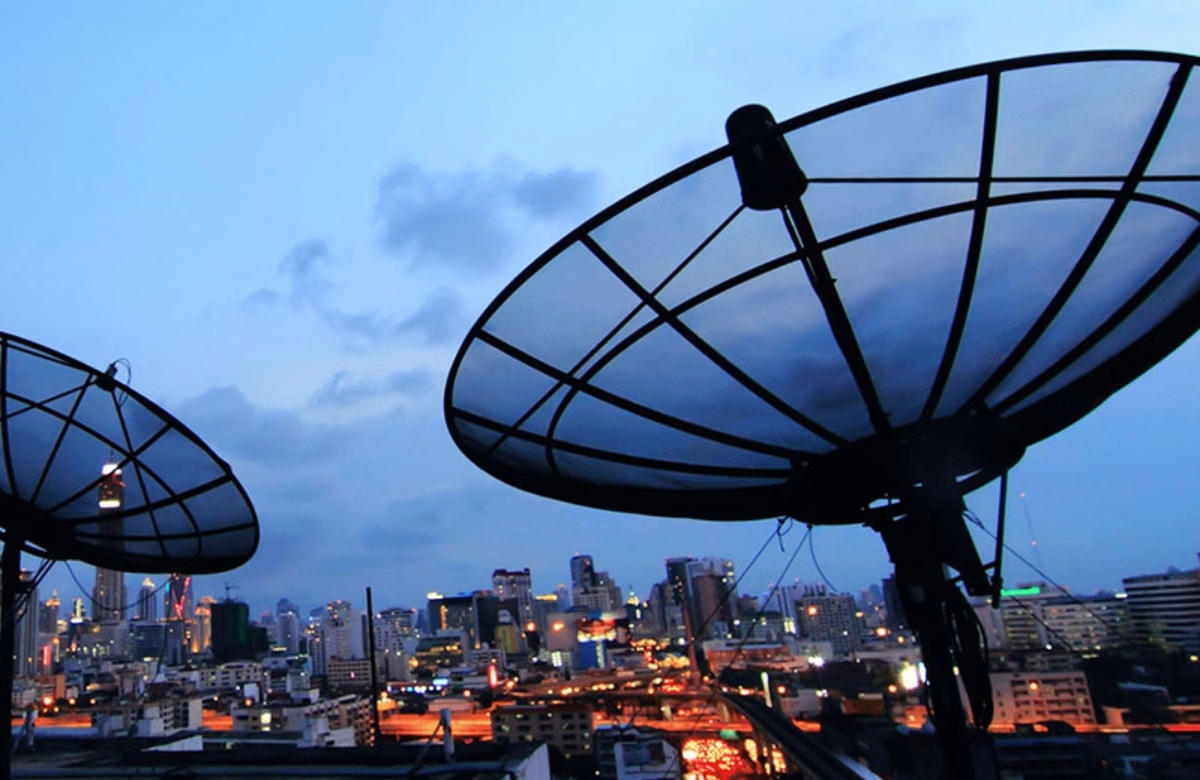By John Keohane of JKS Electrical. John has over two decades experience developing Solar Energy.
Africa’s growth is a topic of global importance. The second most populated continent in the world, is also the fastest growing, and is set to be home to more than a quarter of the world’s population by 2050.
With this fact in mind, it is easy to understand the enormous pressure on resources that Africa faces and why the continent needs a sustainable solution to have its basic needs covered. Among such basic needs is having reliable access to electricity. Although significant progress has been made in countries like Kenya, Senegal, and Ghana, as it stands today, there is still plenty of work to be done when it comes to the continent’s electrification. Nearly half of the 1.2bn people who live without an electric supply are in Africa, with sub-Saharan countries being the most affected.

Power supply is not just a matter of comfort or convenience; it is also essential to underpin Africa’s journey towards growth and competitiveness. Estimates suggest that in the near future, Africa will require 1,600 Twh to meet all its energy needs, which is more than double the current figure. Developing the continent’s electric grid could bolster mobility, trade, and the production of goods and services. Better services and infrastructure can also bring other benefits to African countries and their residents, such as poverty alleviation and health improvements in line with key social policy goals
Addressing Energy Poverty and Inequality In Africa
Energy poverty is a widespread problem in Africa, since it is estimated that more than 600 million people do not have access to electricity. This has serious implications for Africa’s socio-economic development.

The importance of solar power as a reliable and affordable source of energy is better understood when looking at the current situation and at the main obstacles to growth. For example, some reports highlight that power outages in Tanzania cost local businesses approximately 15% of their yearly sales. Addressing this problem with a more stable source of power would result in revenue increases and could strengthen the local economy.
Access to a reliable electricity grid could also have a significant impact on the provision of basic services, improving education and healthcare standards and addressing social inequalities. In addition to that, a wider penetration of solar power has vast potential to support commercial and industrial activities that are currently being done manually in many parts of Africa, including water pumping, milling, cooling, and the storage of food and medical supplies.

Solar power generation could also empower African households that have limited access to resources. An example of what’s possible comes from solar venture M-Kopa, which has been offering electronic devices, utilities, and solar panels on a pay-as-you-go basis, making them accessible to families who cannot afford monthly contracts or those with no credit histor
Solar Power, Crucial For Africa’s Future Sustainability
An important aspect of sustainability is using the resources at hand. But here we come across a paradox: Africa is rich in solar energy, and in fact has the best solar resources at global level, yet the continent’s solar installations barely generate 5 Gw. The resources are there, but there’s an urgent need for developing systems that make efficient use of transmission and distribution infrastructure. If adequately planned and implemented, renewables could meet 50% of Africa’s total energy demand within the next two decades.
Solar power can help fulfil the vision of growth and social equality for Africa. A well-developed solar grid would allow to accelerate Africa’s current electrification rate (1% per year), which is insufficient to meet demand and growth prospects. However, solar solutions will need to be developed considering the continent’s particularities, and not necessarily importing models that have worked elsewhere.
This may involve building further capacity at private sector level and attracting investment from global players who can undertake the enormous task at hand. Until now, solar projects in Africa mostly exist at small scale, but for it to make a real difference it needs be developed across the board. Some steps are already being taken in that direction.
The growing involvement of China in Africa’s infrastructure projects since the early 2000s has been fundamental in this respect. According to the International Energy Agency, Chinese firms and contractors were behind approximately 30% of electric capacity generated in Africa between 2010 and 2015. Although there is still room for growth, Chinese investment has helped materialise projects like the solar power farm in Garissa (Kenya), currently one the largest in East Africa.
Like other renewable energy sources, solar power has the potential to allow African firms and governments to capitalise on the continent’s strengths and give them an opportunity to grow sustainably right from the start. Solar power is the way forward for Africa’s future human and economic capital development.











